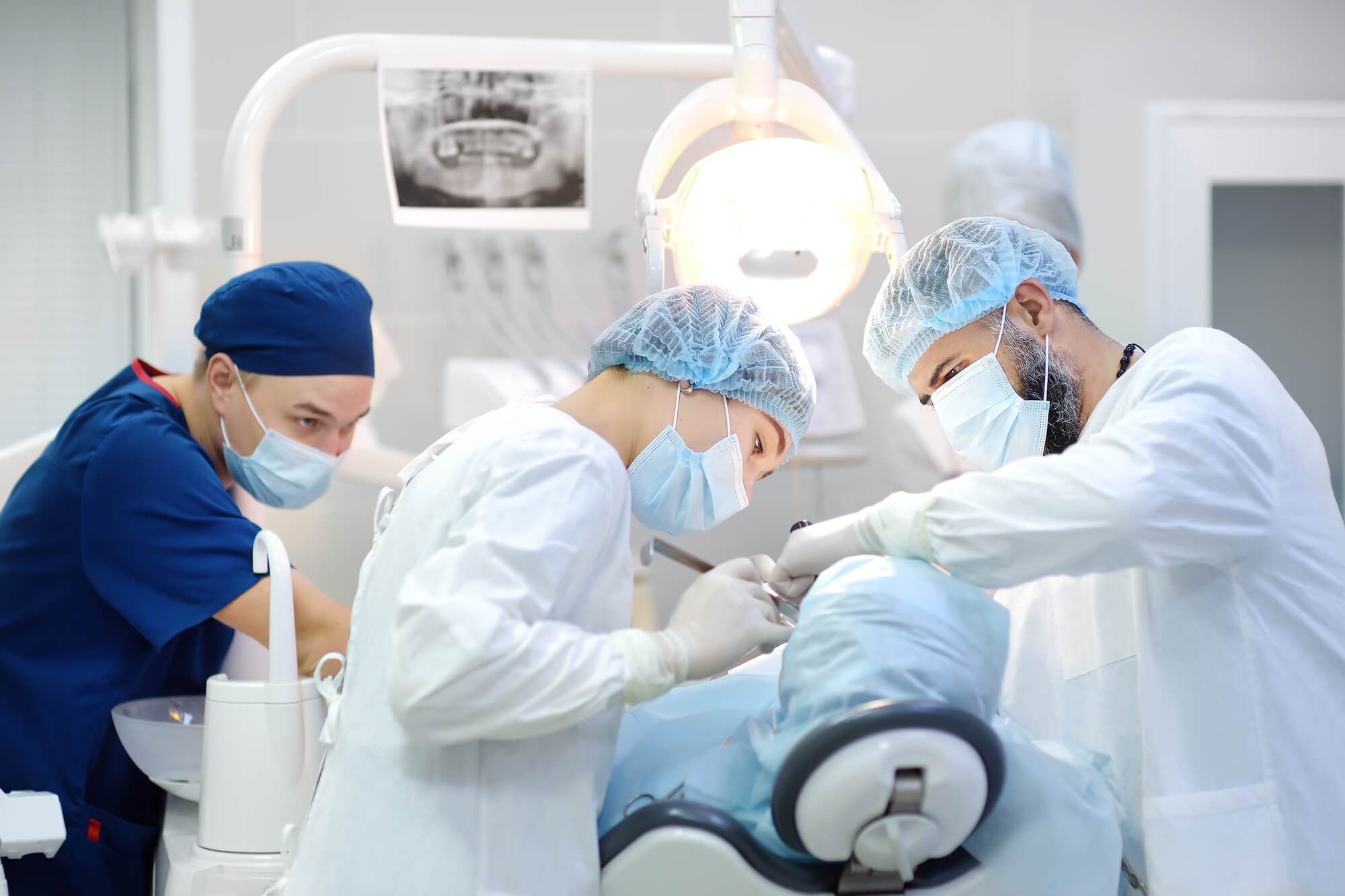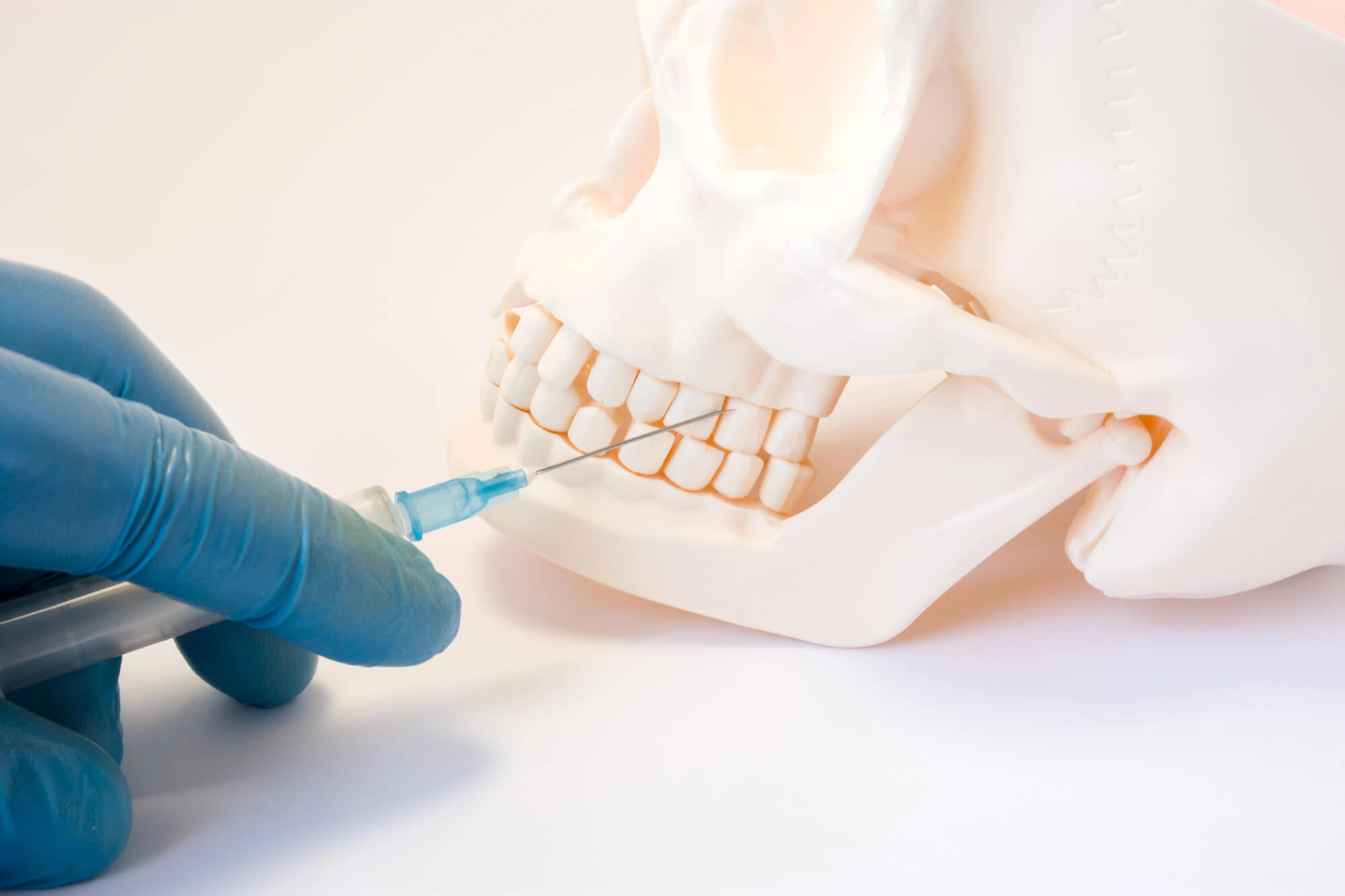No matter what kind of procedure you’re undergoing with a dentist in Greenville, SC, sedation dentistry can make it more comfortable and stress-free—especially for those with dental anxiety. Sedation can greatly improve your experience, but a smooth recovery from it depends on your understanding of what to expect afterward.
If you are not careful after using sedation, it can affect your cognitive functions and make you more likely to have accidents. To help you ensure a comfortable and uneventful recovery, we have compiled a list of the best post-sedation dentistry care tips in this guide.

How to Act After Sedation?
1. Arrange for Transportation
It is dangerous to drive yourself home after using sedatives since they can affect reflexes, coordination, and decision-making. Make plans for a caregiver, friend, or family member to drive you to the appointment and back.
2. Rest and Avoid Strenuous Activities
Once you get home, make plans to relax for the day. Even if you feel fine, the residual effects of the sedation may cause you to become sleepy and confused, and your coordination and reflexes might be impaired.
That is why it is best to stay away from physically demanding activities and focused tasks like operating machinery or cooking, as you may end up in an accident or make bad decisions.
3. Stay Hydrated
Dry mouth can result from sedation, particularly if you were told not to eat or drink anything for a few hours before your appointment. As soon as the dentist says it’s all-clear, hydrate yourself with water or other non-alcoholic, non-caffeinated beverages.
However, if you have had dental extractions or other invasive treatments, avoid straw use, as the suction may loosen blood clots.
4. Follow Dietary Guidelines
Your dentist will probably give you detailed instructions about what and when to eat after sedation. Generally speaking, begin with light, soft foods that are easy on the stomach and mouth, such as yogurt, applesauce, soup, or scrambled eggs.
Furthermore, stay away from hot foods that could burn you because the sedative could make you less sensitive to pain. Additionally, avoid difficult-to-chew foods that could agitate the treated area.
5. Take It Easy on Physical Activities
If you’re dealing with anesthesia, exercising is a no-go. Choose pursuits like reading, listening to music, or watching TV. Your body breaks down and excretes the sedative more quickly when you rest, hastening the healing process.
So, give your body time to rest and recuperate before gradually returning to your regular schedule.
6. Manage Discomfort
After sedation, mild discomfort is typical, particularly if the dental procedure entails extractions or other invasive work. To manage any discomfort, you can:
- Take Prescription Drugs: If your dentist prescribes any painkillers or anti-inflammatory drugs, make sure you take them as directed.
- Use Ice Packs: If you are experiencing swelling, place ice packs on the outside of your mouth for 15 minutes at a time. Ice can numb minor pain and reduce swelling.
7. Understand and Monitor for Side Effects
Even though sedation dentistry is usually safe, it is important to be aware of any possible side effects to ensure a smooth recovery. Common side effects include:
- It is common to experience prolonged periods of fatigue or grogginess.
- There is a chance of nausea or vomiting, particularly when taking oral or IV sedation. Eat light meals and drink water slowly to treat nausea.
- You may experience a dry mouth afterward. To relieve dryness, you can suck on ice chips and drink plenty of water.
- After deeper sedation, it is not uncommon for patients to forget certain aspects of their dental visit.
If you have severe pain, persistent nausea, trouble breathing, or any other unusual symptoms, call your dentist right away.
8. Maintain Oral Hygiene Carefully
Maintaining good oral hygiene is essential for both infection prevention and appropriate healing of the treated area. But you might need to alter your regular brushing and flossing schedule:
- Brush Carefully: Use gentle strokes and a soft-bristled toothbrush, especially in the area being treated. If you have had implants or extractions, avoid brushing directly on the surgical sites.
- Rinse with Warm Salt Water: Swishing vigorously may cause blood clots to come loose, so instead of doing so, rinse your mouth with a solution of warm water and salt to keep it clean and reduce inflammation.
- Avoid Mouthwash: Alcohol-based mouthwashes should be avoided as they may irritate delicate skin.
Learn Sedation Aftercare from a Dentist in Greenville, SC
Sedation is a great solution for patients who suffer from dental anxiety or need to undergo an invasive procedure. However, it can also have well-known side effects, and taking proper care of yourself afterward is key to ensuring a comfortable recovery.
By resting, staying hydrated, eating appropriately, and monitoring for any unusual symptoms, you can reduce the risk of complications. And if you notice any unexpected side effects, reach out to Pelham Links Family and Cosmetic Dentistry immediately!



